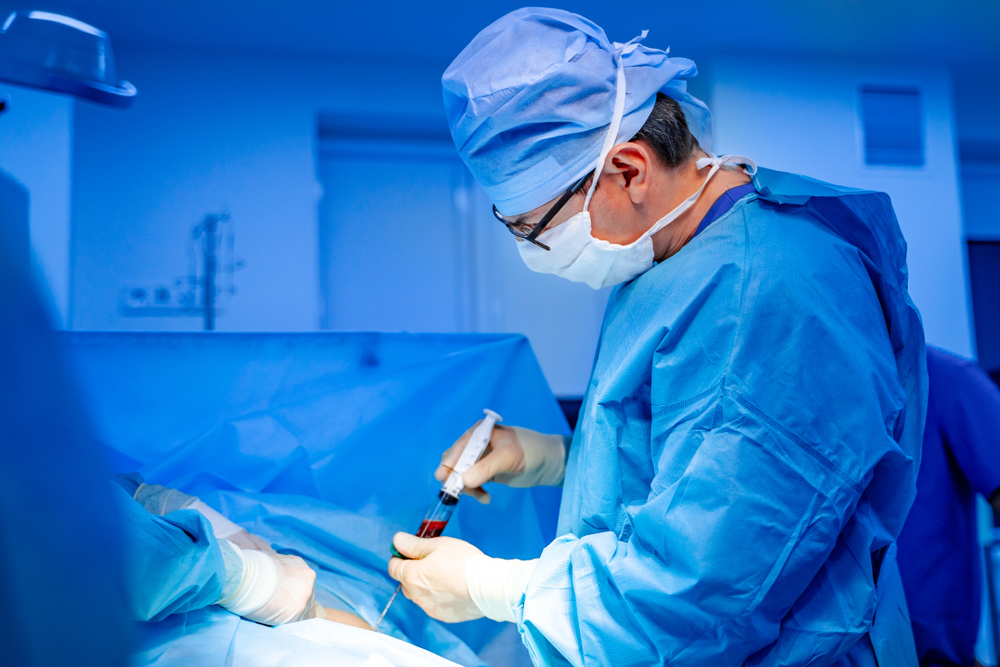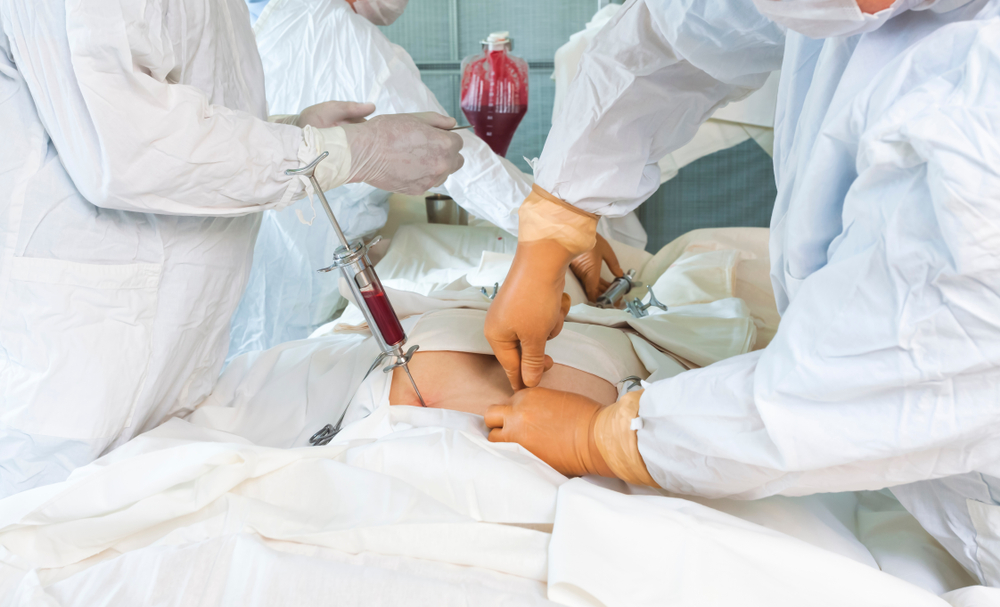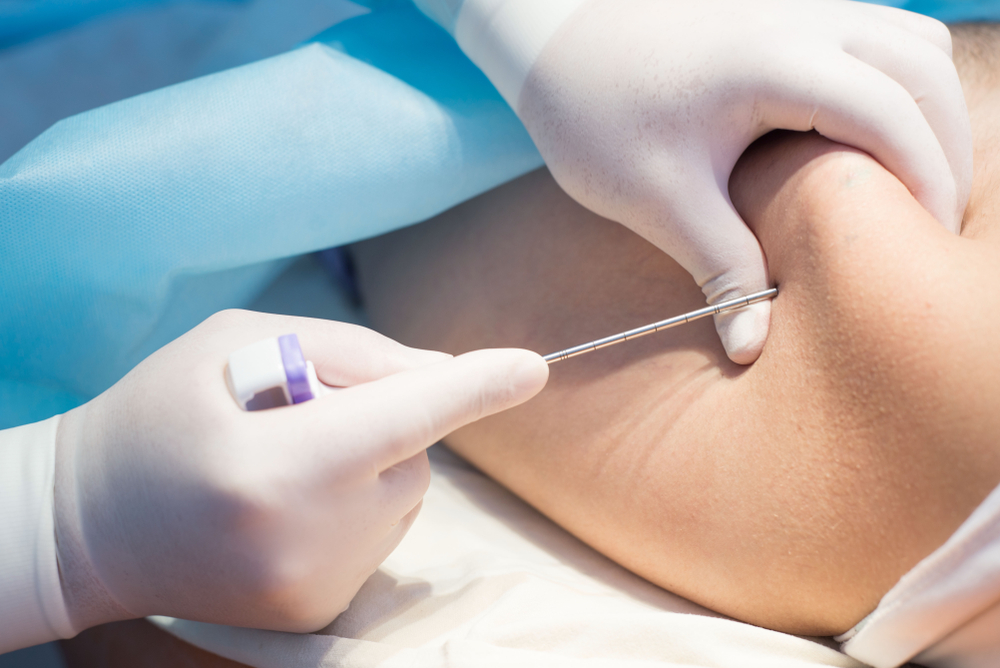
Life After a Bone Marrow Transplant: Recovery Guidelines and Patient Care Tips
For people with certain types of cancer, such as lymphoma, leukaemia, or myeloma, their doctor may recommend a bone marrow transplant to treat the cancer. A bone marrow transplant, also known as a stem cell transplant, replaces a person’s bone marrow with healthy cells. The replacement cells can come from the person’s own body (autologous transplant) or from a donor (allogeneic transplant).
If you are considering receiving a bone marrow transplant, you may be wondering how you will recover after being discharged from the hospital. In this post, learn more about follow-up care, what symptoms you may experience, and how to navigate daily life after the procedure.
What follow-up care will patients need after a bone marrow transplant?
About 2 to 3 weeks after your transplant, the stem cells infused during the procedure should start producing new blood cells. You may be discharged from the hospital around this time with instructions to follow up with your doctor.
For the first 100 days, you can expect to have frequent clinic visits to monitor for complications from the transplant, such as dehydration, infections, and blood electrolyte imbalances. If you had an allogeneic transplant, your doctor would keep an eye out for graft-versus-host disease, which can include skin rashes, nausea and vomiting, abdominal pain, diarrhoea, and liver problems.
During the first 100 days, you will visit the clinic for blood tests, physical examinations, and discussions of how to manage complications. These visits are usually quick, but sometimes blood transfusions and/or intravenous (IV) infusions are required, which can make the visit longer.

What are some common symptoms after a bone marrow transplant?
You may experience different symptoms depending on how many days have passed since your transplant. In the first few weeks, you may experience symptoms due to the chemotherapy you received before the transplant, such as vomiting, nausea, decreased appetite, taste changes, fatigue, hair loss, weakness, mouth sores, and diarrhoea. As your blood counts drop after the transplant, you may also experience a fever or infection.
About 2 to 3 weeks after the bone marrow transplant, most of these symptoms will improve once your white blood cells return. However, for some patients, the symptoms of feeling cold, fatigue, and taste changes can last for a few months. For others, these symptoms pass quickly or may never occur at all. Whatever your symptoms are after your transplant, it’s important to be patient with yourself and focus on your support systems as you heal.
When should you contact your doctor about the symptoms?
If you experience a fever, significant swelling in your belly or legs, shortness of breath, chest pain or tightness, persistent diarrhoea, bleeding in your stools, significant bruising, dizziness or loss of consciousness, or severe pain of any type, you should contact your doctor immediately.
It is normal to feel different after a transplant. However, if you continue to feel poorly after your transplant, that’s also a reason to contact your doctor.

What is life like at home in the months following a bone marrow transplant?
You might expect a slow recovery after a bone marrow transplant when you return home. You must manage your meals, medicines, activity, hygiene, close contacts, and expectations. Taking all your medications as prescribed and staying on top of your food and fluid intake will be top priorities. Food must be freshly prepared, properly cooked, and eaten hot. You should avoid eating out until your doctor says otherwise.
You should always keep an updated list of all your medications that includes information on the doses you are taking, the times of day when you should take them, and when you should “hold” on taking certain medications, such as on the day a blood level test will be conducted. You may ask your doctor to update your medication list at the end of each visit. It is critical not to skip doses and to notify your doctor about needed prescription refills well before the medication runs out. Since not all pharmacies have particular transplant medications, you may need to arrange to obtain these prescriptions ahead of time.
Who can patients see in person?
After a transplant, you must be cautious about avoiding potential infections. This means avoiding enclosed public spaces and crowds or limiting your interactions with other people. You should also refrain from bringing anyone other than your immediate family into your living space.
Sometimes, this isolation can get lonely or boring. Some coping methods include meeting people outdoors or video chatting with your loved ones. When you see people who aren’t your immediate family or usual caregivers, you should wear a mask and ask others to do the same.

When can patients travel after a bone marrow transplant?
You should check with your doctor on when they feel it is safe for you to travel, as the answer may vary based on the type of transplant you received. Doctors generally advise not to travel during the first 100 days after a transplant and avoid public transport or air travel for the next 9 to 12 months if possible. Avoiding unnecessary travel is important to reduce your risk of infection.
About Curebridge
With Curebridge, individuals and their families can access top-notch healthcare facilities across India. Besides connecting patients with suitable healthcare providers in India, Curebridge offers support for aftercare and logistics, including travel, lodging, consultations, and treatments.
Curebridge has a team of seasoned professionals adept at guiding patients through the intricacies of the Indian healthcare system. The platform is committed to providing transparent and affordable pricing, offering patients various payment options to suit their circumstances.
For more details, chat with us at +91-9152065206 or email query@curebridge.in.
